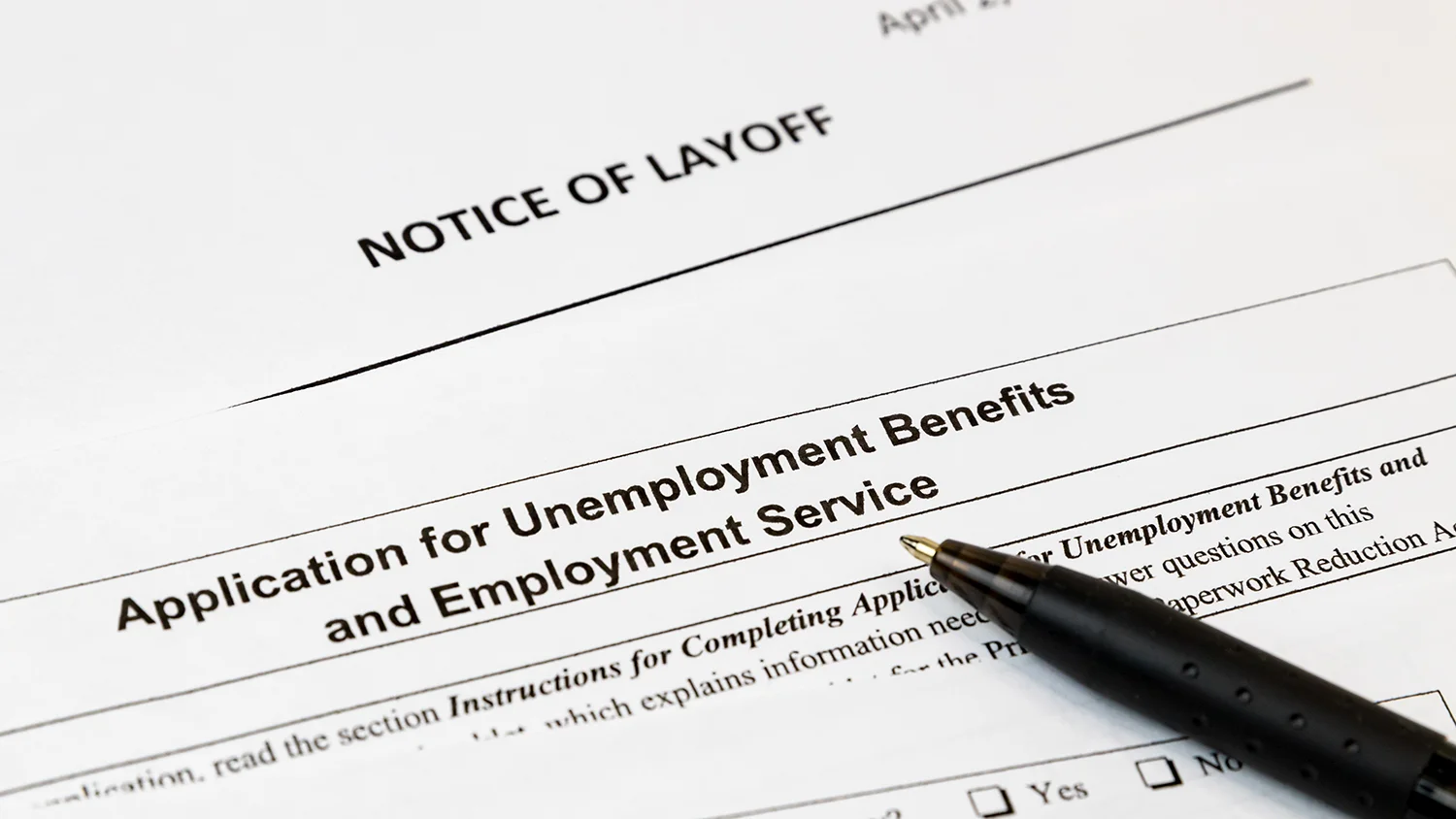The Top Ten Mistakes Utah Employees Make with NonCompete/NoSolicitation Agreements and with Handling Trade Secrets, Too.
#1: Failing to call an attorney who’s specifically trained how to handle these issues.
These areas of the law are extremely complex, and are also in a state of flux; thus, depending on when an attorney went to law school (and what he or she studied there), and what they have studied since then, they may not be up on the new laws and trends, which are very significant. Make sure the lawyer you speak to has handled these types of cases recently. Just examples of this: 1) many cases coming out of Massachusetts and the east coast right now may likely drastically change Utahs case law on some of these issues (and that case law is very PRO-EMPLOYEE!); 2) Utah’s restrictive covenant law was changed in May of 2016.
#2: Expecting to hear a lawyer tell you something like this: “You can simply ignore everything that’s on that stupid piece of paper you signed because it’s utterly unenforceable!”
Frankly, most the people who call us expect to hear just that. Sadly, when we tell them otherwise, they just google attorneys until they find one that tells them what they want to hear. In other words, they really don’t want to hire an attorney to FIX their problem; rather, they want an attorney to tell them there is NO PROBLEM TO FIX. Don’t be that person!
#3: Failing to tell your new employer about the “restrictive covenants” you have with your your ex-employer before you are hired.
You may be seen as sneaky (or even dangerous) if don’t come clean on this before you’re hired. This is because the new employer does not want to get sued (for “aiding and abetting”), but he or she may also have their employees sign restrictive covenants, and may feel you need to honor the one you signed.
#4: Ignoring threats from your ex-employer that he or she will sue you. Employers usually make good on such threats. Once you get sued, they employer will typically seek a temporary restraining order (“TRO”), and just the first couple of weeks of litigation could cost you in excess of $10,000 quite easily.
#5: Trying to work it out with the employer yourself.
The employer is usually not an attorney. He or she thinks they have you dead to rights. In their mind, you signed the dotted line, and now you can live with it. Such conversations can turn ugly very quickly. When an employer gets a letter from us, they usually (if they are wise) quickly turn it over to their attorney. From there, a solution can usually be reached.
#6: Reading the law from other jurisdictions and thinking it applies to your Utah matter (and taking action based on that reading).
Utah has its own laws on these matters, but, Utah courts will look to other jurisdiction for guidance. After all, Utah has a tiny population, and case law from other states is much more robust. An experienced Utah attorney that practices in this area will know which sister states you can look to for help with your specific problem.
#7: Thinking you can blab a trade secret because you never agreed not to.
Here is what the American Law Reports says about employee duties when it comes to those: “The law is well settled that one of the implied terms of a contract of employment is that the employee will hold sacred any trade secrets or other confidential information which he acquires in the course of his employment, and that therefore an employee who has left his employment is under an implied obligation not to use trade secrets or other confidential information which he has acquired in the course of his employment, for his own benefit or that of a rival, and to the detriment of his former employer. 165 A.L.R. 1453 (Originally published in 1946). So, if you learned a trade secret, you may be under a very strict obligation not to share what you learned with another – even if you never signed a thing.
#8: Failing to know this new Utah law:
“In addition to any requirements imposed under common law, for a post-employment restrictive covenant entered into on or after May 10, 2016, an employer and an employee may not enter into a post-employment restrictive covenant for a period of more than one year from the day on which the employee is no longer employed by the employer. A post-employment restrictive covenant that violates this section is void.” Utah Code § 34-51-201.
#9: Thinking that because the employer has not sued others, he or she won’t sue you.
#10: Thinking you can resolve this matter on your own, or that because you have dirt on your employer, he or she won’t touch you.
Parts from the federal case law below (Scenic Aviation, Inc. v. Blick, (D. Utah Aug. 4, 2003)) should give you an idea as to some of the things Utah Courts consider (we say that because this case does not deal with a material change in the terms and conditions of employment). This was a federal case, which had to look to Utah law for direction. We list this as a bonus – number 11.
#11: Not understanding the Utah Supreme Court case of Robbins v. Findlay, which the federal court in Utah has looked to.
(If you read the rest of this article, you will know more than 99% of most Utah attorneys know on this subject. Also, by reading these snippets, you will see why an experienced attorney in this area is so needed):
- Covenants not to compete are enforceable if carefully drawn to protect only the legitimate interests of the employer, and the reasonableness of a covenant depends upon several factors:
- its geographical extent;
- the duration of the limitation;
- the nature of the employee’s duties;
- and the nature of the interest which the employer seeks to protect such as trade secrets, the goodwill of his business, or an extraordinary investment in the training or education of the employee.
- In a general sense, the law balances the interest of one seeking to enforce such a covenant which is usually the employer, whether by injunction or by stipulated damages, against the hardship imposed on the employee as the result of the restraint. Obviously, you want your attorney to argue in favor of hardship.
- Covenants not to compete which are primarily designed to limit competition or restrain the right to engage in a common calling (i.e. a barber, waiter, roofer) are not enforceable. This is a gold mine for you!
- Robbins instructs that covenants that “restrain the right to engage in a common calling are not enforceable.”
- In Robbins, the court said a covenant not to compete put on a hearing aid salesman was unreasonable and unenforceable because his employment was in a “common calling.”
- The court ruled the employer simply had made no case that the salesman’s services were sufficiently “special, unique, or extraordinary,” to justify the restraint on employment, even though the company had demonstrated the employee’s value was very high. In other words, the fact that you made the company lots of money is not what the case may turn on.
- The court ruled that even if an employee is especially excellent at his job, “[t]he efficiency and skills which an employee develops through his work belong[s] to him and not to his former employer.”
- Thus, the employer must prove your skills were special, unique or extraordinary. The court said the two defendants at issue in that case were “emergency medical staffers,” and the employer failed to allege they had any unique responsibilities other than taking care of individuals that had the misfortune of being injured.
- The court said that had the defendants been salespeople with access to confidential information or higher level executives with knowledge of product development, the outcome could have been different.
- In other words, the employer did not give the court enough facts to show the employees possessed “unique, special, or extraordinary” skills sufficient to justify a restraint on their future employment.
- The Court said according to Robbins “[c]ovenants not to compete which are primarily designed to limit competition … are not enforceable.“
- The Court ultimately said that “Scenic’s monopolistic power seems to have been the real motivation for the restriction. As one court noted in assessing a similar covenant: It is clear that the broad sweeping language is unrestrained by any limitations keyed to uniqueness, trade secrets, confidentiality or even competitive unfairness. It does no more than badly restrain competition. This it may not do.”
Contact Us For A Free Consultation
To discuss your case with our experienced Salt Lake City, Utah, law team, contact us online or call 801-651-1512. Our lawyers can help.






